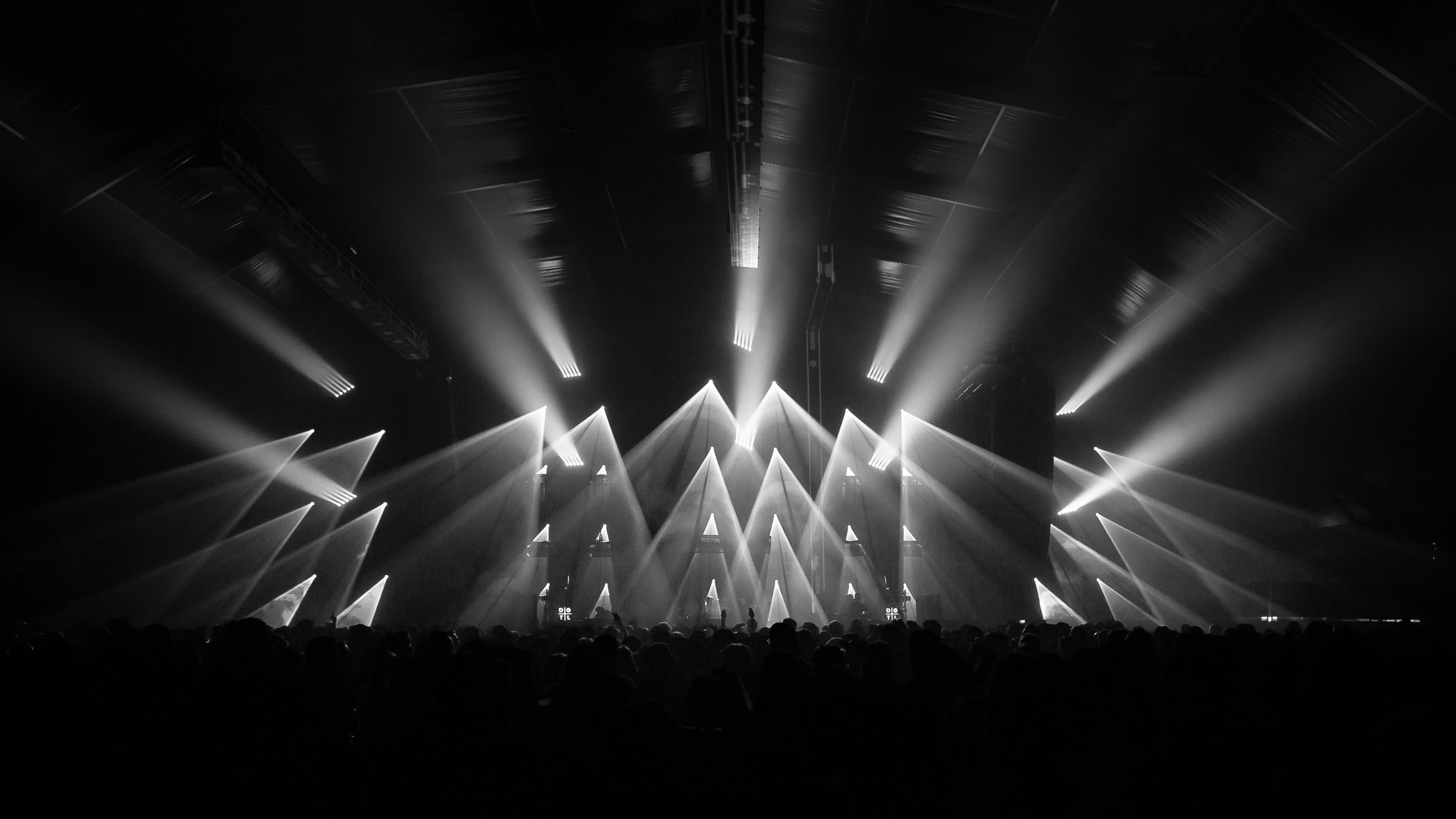

Compagnie Herve Koubi Tickets
Up to 30% Off Compared to Competitors.
Location: Select Location (e.g, New York)
Events Nearby
We're Sorry. There are currently no events near you.
About Compagnie Herve Koubi
Currently, Compagnie Hervé Koubi is actively touring various countries, presenting their latest work 'Les Nuits Barbares', which premiered in 2022. This production features a captivating synthesis of hip-hop and contemporary dance, addressing contemporary societal issues while engaging audiences with its high-energy performances and intricate choreography. The company also continues to participate in dance festivals and collaborate with other global artists, reflecting their commitment to cultural exchange and innovation in the arts. In response to the ongoing global challenges posed by the pandemic, Compagnie Hervé Koubi has also been exploring digital platforms, providing virtual workshops and online performances to reach wider audiences. Their dynamic approach to theatre and dance sustains their reputation as a pioneering force in the contemporary performing arts scene.
Compagnie Herve Koubi History
Compagnie Hervé Koubi was founded in 2000 by choreographer Hervé Koubi, a French artist of Algerian descent. The company is renowned for its innovative blend of contemporary dance and elements from street dance, breaking barriers between genres. The ensemble frequently draws upon Koubi’s own cultural heritage, combining influences from African and Mediterranean traditions, which reflects his deep-rooted belief in the power of dance as a universal language. Their inaugural work 'Tant que le sol est bon' marked a significant beginning, paving the way for subsequent productions that explored themes of identity, migration, and community. Over the years, Compagnie Hervé Koubi has gained international acclaim, showcasing performances in prestigious venues across Europe, Asia, and North America. With each creation, the company meticulously crafts visual storytelling through movement, focusing on the relationship between bodies and the spaces they inhabit, thus challenging traditional theatrical norms.
